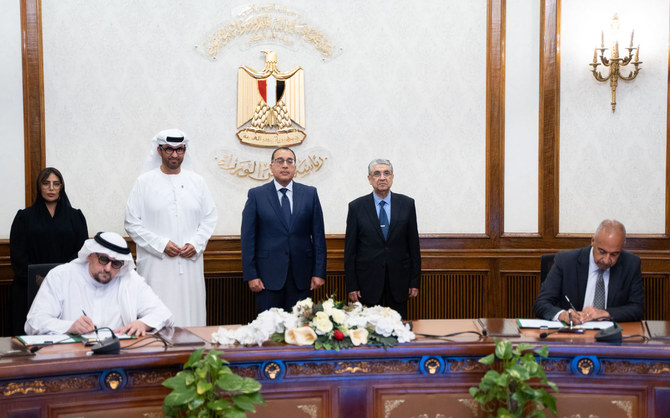A land agreement deal was recently signed for the proposed 10GW wind power project in Egypt. This was revealed by Masdar, a UAE-government-owned renewable energy company based in Abu Dhabi.
Also known as the Abu Dhabi Future Energy Company, Masdar and its partners signed the agreement with Egypt’s New and Renewable Energy Authority. This agreement will allow the $10b project announced when Egypt hosted the United Nations Conference of the Parties to move forward.
According to a press statement from the state-owned Masdar, the wind farm has the capacity to generate 47,790-gigawatt hours annually, or the equivalent of 23.8 million metric tons of Egypt’s yearly carbon emissions.
Also Read: Kom Ombo solar power plant project in Egypt
Significance of the proposed 10 GW Egypt wind project
The wind farm will assist Egypt in achieving its strategic goal of obtaining 42% of its electricity from renewable sources by 2030. The country, being the third-most populated nation in Africa primarily gets its energy from oil and natural gas. According to the most recent data from the International Energy Agency (IEA), published in April 2023, natural gas made up 2.13 million terajoules (TJ) of the mix in 2020, while oil made up more than 1.25 TJ. The IEA estimates that only 31,460MWh of energy came from wind, solar, and other sources, excluding coal, biofuels, waste, and hydro.
Egypt stated that the total built capacity of its wind and solar power plants increased by 340 per cent to 3,016 megawatts in 2019–20 compared to the previous five years in its emissions reduction promise presented to the UN on July 7, 2022.
Its biggest commitment is to reduce carbon dioxide emissions by 65% in the oil and gas industry. As well as 33% in the electricity sector, and 7% in transportation by 2030. According to its National Climate Change Strategy 2050, Egypt aims to phase out coal and increase biofuel production. While also adding clean hydrogen to the mix.

Leave a Reply